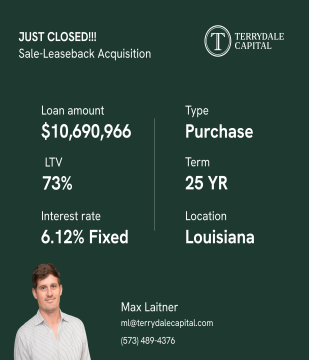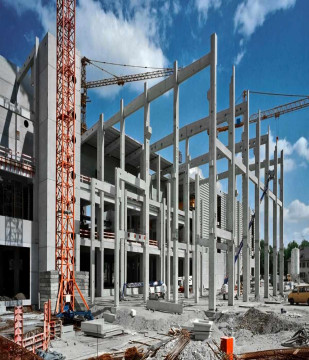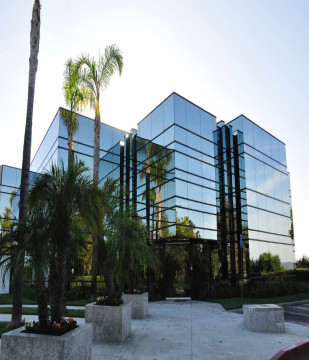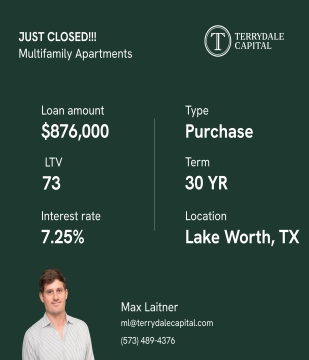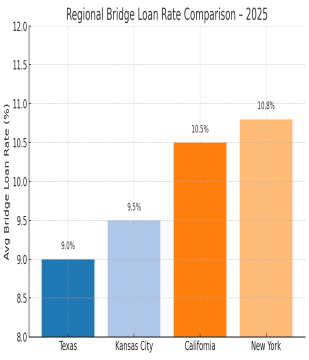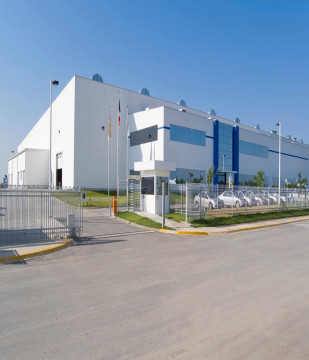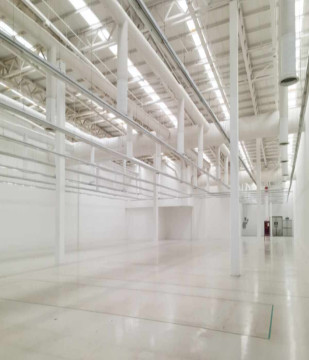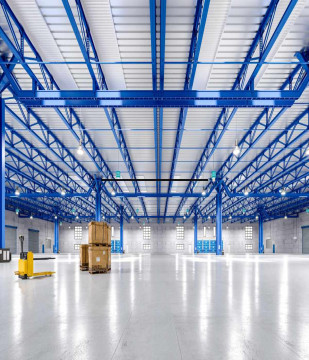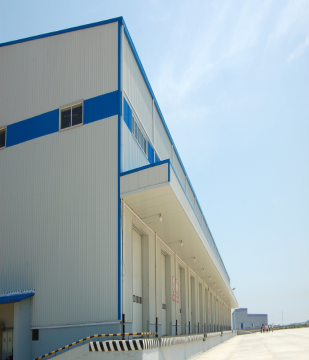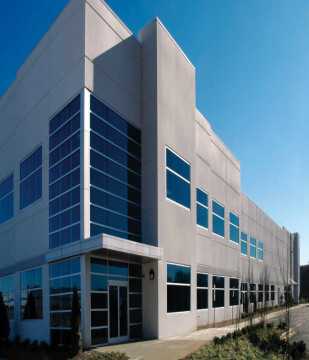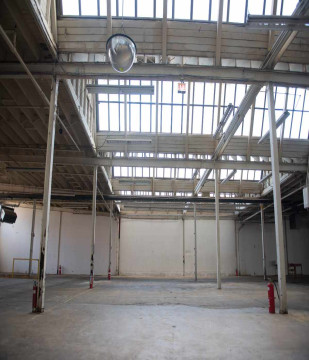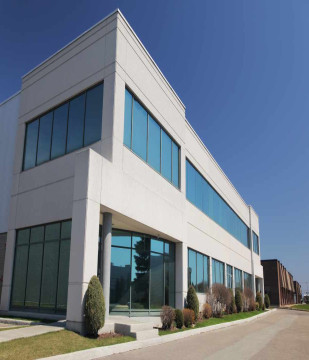Commercial Real Estate Financing State of the Market | November 2024

Terrydale Capital
Nov 12, 2024 8 Min read
 Market Updates
Market Updates
Terrydale Capital is committed to delivering a broad spectrum of financial services, thoughtfully customized to address each client’s unique goals. We stay closely attuned to the evolving market dynamics through ongoing engagement with our extensive network of capital market experts. As the election cycle comes to a close with speculation rising on the future of commercial real estate, stay on top of what is happening this November below.
Private Money: Rate Range: 9.50% - 15.00%
Private money lending remains a compelling choice for expediting transactions. Its built-in advantages and adaptable short-term terms make it a valuable tool in today’s financial environment, even amid potential rate increases and wider interest spreads. Although borrowers may face higher costs with hard money loans, the ability to close deals in as little as 14 days provides a notable advantage.
Debt Funds & Bridge Lenders: Rate Range: 6.00% – 11.00%
As 2024 comes to a close, we’ve observed a significant shift in debt fund execution sources compared to last year. In 2023, banks and credit unions were the primary sources, but in 2024, debt funds have emerged as the leading financial executors. These funds are particularly attractive to those looking to reduce risk and drive financial growth, offering built-in advantages and adaptable short-term structures.
CMBS: Rate Range: 6.00% - 10.95%
CMBS has experienced a significant resurgence recently, with issuances increasing nearly threefold. Currently, CMBS accounts for 14% of all commercial real estate lending. With rates available in the low-6% range, it remains an attractive option for commercial investors. The surge in CMBS executions in 2024 is largely driven by favorable lending programs and greater availability.
Commercial Banks: Rate Range: 6.00% - 10.50%
Banks continue to uphold strict underwriting standards in today’s interest rate environment, focusing on established clients and strong deposit relationships. This trend has remained consistent through the first half of 2024. Despite these rigorous measures, banks have managed to provide competitive pricing, offering some of the most attractive rates available in the market.
Credit Unions: Rate Range: 6.00% – 10.50%
Credit unions distinguish themselves from other lenders by offering borrowers lower interest rates, making them an attractive option. However, like banks, credit unions typically adopt a careful lending approach, involving a detailed underwriting process that can extend closing times, especially given current market conditions. While their rates are competitive, borrowers should be prepared for potential delays in loan approval and closing due to the thoroughness of their underwriting procedures.
Fannie & Freddie: Rate Range of 5.10% – 8.00%
For investors in the commercial residential sector, Fannie Mae and Freddie Mac financing options remain among the most advantageous for residential and multifamily properties. Increasingly, buyers are opting to reduce leverage by voluntarily contributing additional equity to secure more favorable interest rates. This approach enables them to capitalize on current market conditions and obtain improved financing terms for their investments.
FHA: Rate Range: 5.10% - 7.85%
The prevailing interest rate trend for FHA loans in the commercial real estate sector offers borrowers a valuable opportunity to smoothly transition from construction and bridge loans. This can be especially beneficial for those seeking financial stability. Choosing FHA loans in a rising interest rate environment allows borrowers to access long-term financing solutions, enhancing stability and potentially lowering overall expenses.
HUD: Rate Range: 5.10% - 8.00%
HUD has emerged as a significant financing option, especially in the latter half of 2023, and has remained a reliable choice for residential investors in 2024. With impressive Loan-to-Value (LTV) ratios of 90% for acquisitions and 80% for refinances, along with 35-year fully amortizing, non-recourse loans, HUD stands out as an ideal option for various scenarios. Whether for new builds, later vintages, multifamily properties, or long-term holds, HUD financing excels at optimizing cash flows.
SBA: Rate Range: 7.00% - 10.00%
The Small Business Administration (SBA) has emerged as a valuable resource for both new investors and those seeking lower initial down payments, especially for owner-occupied properties. Additionally, more investors are now exploring a transition from the SBA 7(a) program to the 504 option, particularly for refinancing needs.
Life Company: Rate Range: 6.00% - 10.00%
With the use of creative strategies and flexible asset preferences, LifeCo options can provide competitive rates in the low 6s. There has been a notable shift recently in the activity of LifeCo lenders taking advantage of the lending gap left by banks as they continue to grapple with their commercial portfolios.
Mezzanine and Gap Financing:
In today’s market, numerous options exist for structuring deals, and Mezzanine and Equity financing empower our clients to pursue larger projects and bridge funding gaps that may arise. We've noticed an uptick in the demand for gap financing, as more investors seek to bridge the space between their available funds and lenders, often to maintain liquidity. Our Mezzanine connections are well-equipped to assist, although they typically require minimums of $2 million for certain deals to be feasible.
Partner With Terrydale Capital for Your Debt Financing Needs
When it comes to debt financing, understanding the right timing, process, and options is crucial. At Terrydale Capital, we provide a comprehensive range of commercial loan solutions tailored to meet your business's unique needs.














